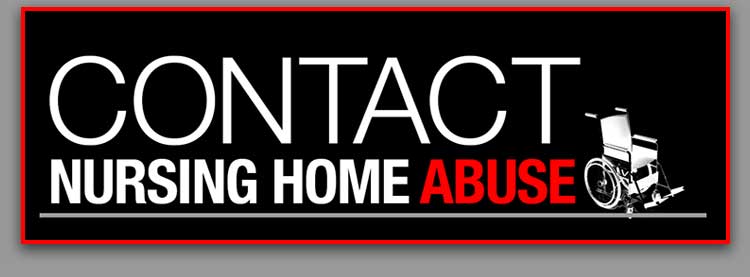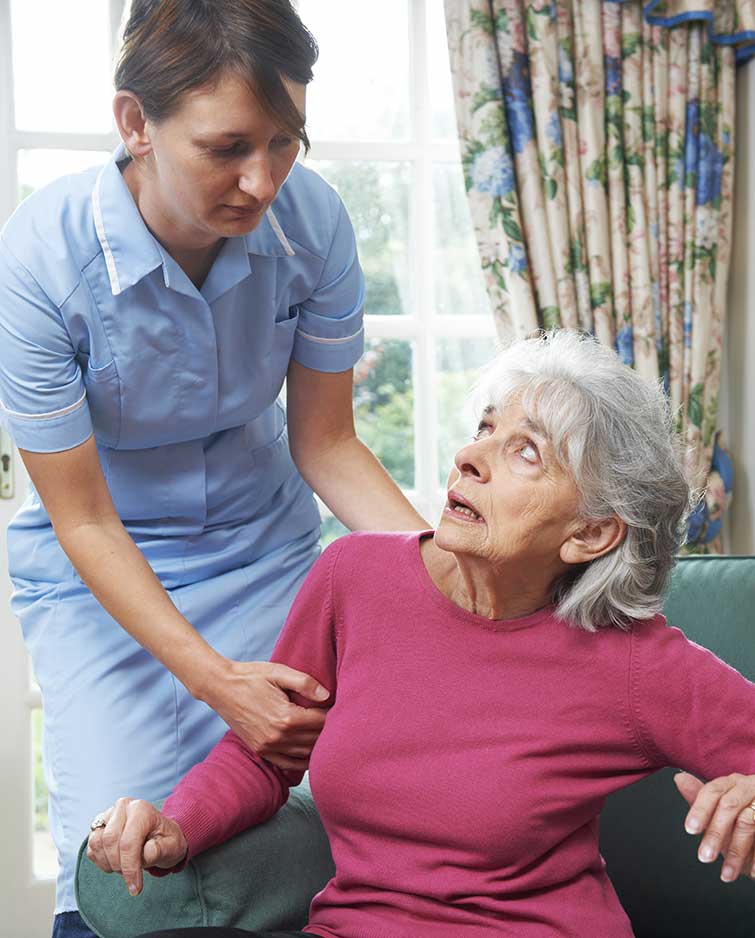









Brought to you by Anzalone & Doyle Trial Lawyers
Nursing Care Abuse, it can be an emotional and financial hardship
When you place your loved one in the care of nursing home staff or another caretaker, you do so with the hopes that they will receive the treatment and attention they need and deserve. Sadly, this is not always the case. According to the World Health Organization (WHO), approximately 1 in 6 adults over the age of 60 face abuse. Rates of abuse are often higher in long-term care facilities and nursing homes.
The CDC defines elderly abuse, as an “intentional act, or failure to act, by a caregiver or another person in a relationship involving an expectation of trust that causes or creates a risk of harm to an older adult,” but identifying abuse can be difficult.
Information about instances of nursing home abuse can be difficult to collect, as it’s not always evident to loved ones, caretakers, or even the victim themselves. Further, even when a victim is aware of abuse, they may be ashamed, scared, unwilling or otherwise unable to report the abuse.

Fill out our form and explain your nursing home abuse injury or incident and we’ll give you a FREE evaluation.
What constitutes nursing home abuse?
There is more than one type of elder abuse and understanding the types and appearance of various forms of elder abuse can make it easier to recognize. Once you identify the abuse, you can then determine how to address it and move forward.
Here are the four major categories of elderly abuse:
- Physical Abuse:
When you think about elderly abuse, you may think first of physical abuse, which is often easiest to detect. This type of abuse occurs when intentional force is used to harm an elderly individual. In can include visible injuries, like bruises and lacerations; physical pain; impairments; and in worse cases death. - Sexual Abuse:
Elderly sexual abuse is when an individual, caretaker, or other individual engages in non-consensual sexual activities of any kind with an elderly individual. Sexual contact with an elderly individual who is not competent or able to knowingly provide consent can also be considered a form of elderly sexual abuse. - Psychological and Emotional Abuse:
Elderly abuse is not limited to physical contact. Humiliation, threats, excessive control or even forced isolation can be considered emotional psychological elder abuse. Victims of this type of abuse can suffer from anxiety, depression, fear, anguish, and several other related physical and emotional issues. - Neglect:
Abuse isn’t always represented by action. In the case of nursing home negligence, it can be a lack of action that constitutes abuse. This is when a caretaker stops providing care for an individual.


